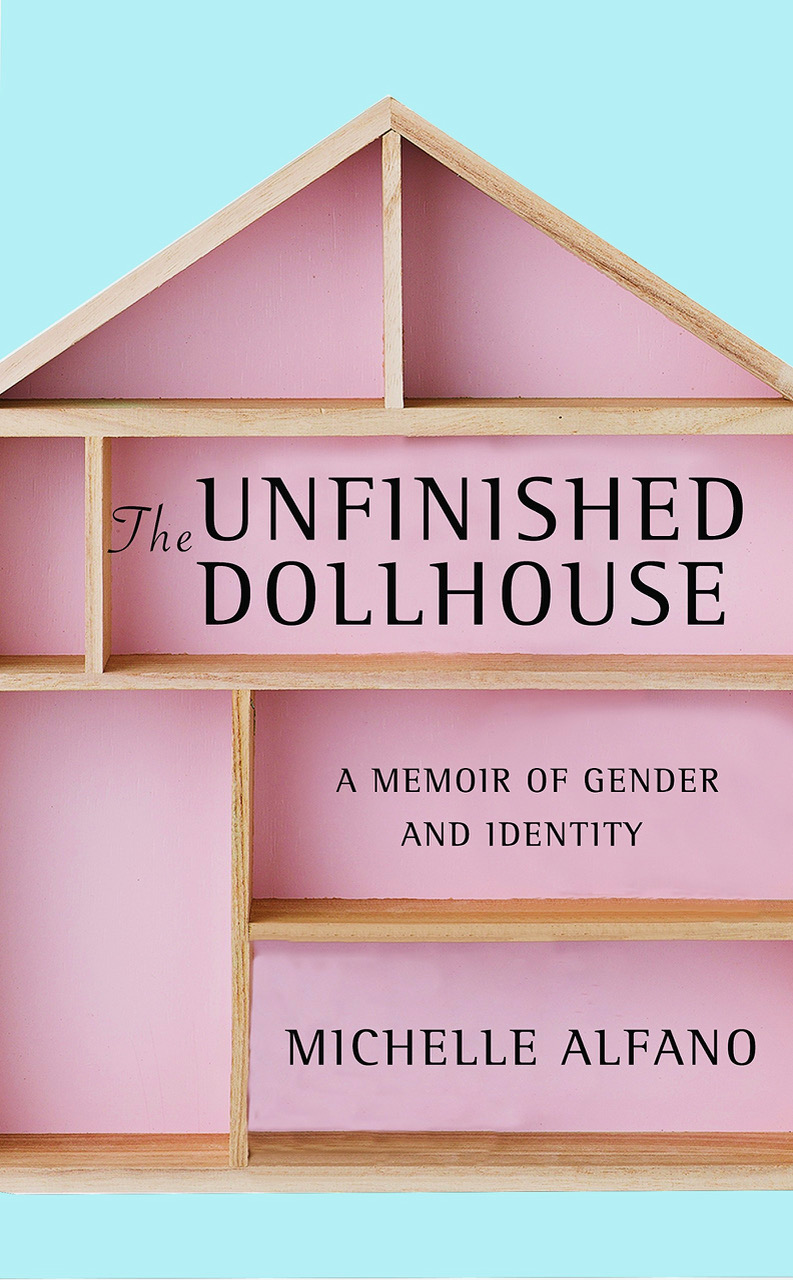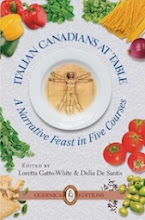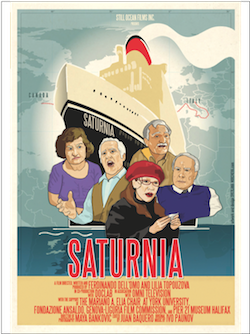 "They came to my house in a disembodied state of suspension, bringing to my living room their secrets, their pains and their gifts."
"They came to my house in a disembodied state of suspension, bringing to my living room their secrets, their pains and their gifts."Reading Lolita in Tehran by Azar Nafisi (Random House, 2004) 347 pp.
One brave Iranian professor, Azar Nafisi, gathers a group of seven girls (Azin, Mahshid, Manna, Mitra, Nassrin, Sanaz and Yassi) together to read censored texts in her home in the late 1990s. Frustrated by life under Islamic rule in Iran, this book documents their oppression and enlightenment as women and as human beings, in a tyrannical state where girls and women are reprimanded, punished and sometimes imprisoned for having "too long" nails, for biting apples "too seductively", for allowing strands of hair to peek through their veils, for wearing makeup, for "Western attitudes". The pleasures of this small group are small but forbidden and therefore delicious: classical Western literature by Nabokov, Fitzgerald, Flaubert and Henry James; ham and cheese sandwiches; the removal of their veils in a private space; classic Hollywood movies, etc ...
The two photographs that Nafisi speaks of early in the book serve as a metaphors for the girls' dual existence. In the first they are shrouded in their chadors. It is difficult to distinguish them from each other. In the second, they have disrobed and are seen in a more intimate manner with their own clothes, unveiled, smiling, lively.
But although the book starts this way it is more than a recollection of the time spent with these girls; it is a political memoir of living in Iran through revolutionary times and Nafisi's transformation from a young "revolutionary" living as an Iranian student in America in the 60s to a wiser, more humane citizen of the world living in Iran as an adult in the late 70s and the Iran/Iraq war in the 1980s and 90s. She evolves into an adult who recognizes that the draconian desires of her revolutionary youth sometimes had real and dangerous consequences in a state ready to punish and kill those who did not conform to the schemes of the 1979 Islamic revolution under Ayatollah Khomeini.
Early on, she relates a telling anecdote: when as a young cleric Khomeini was faced with an anti-clerical town official who named his dogs in a manner so as to insult clerics. He asked a leading political cleric how he should have proceeded. He was told "Kill him. You hit first and let others complain. Don't be the victim."
Nafisi, who is both intensely political and an avid admirer of classic Western literature, struggled as a young professor teaching her first year at the University of Tehran. She wanted to impress upon her students the importance of literature. In mock desperation, she even resorts to putting The Great Gatsby on trial in class. Where she sees beauty, some of her more radical students see corruption, decadence and the flouting of a perverse, materialistic Western culture.
Soon, the books that she loves come to represent what was lost in Iran during the Revolution: "When I left class that day, I did not tell them what I myself was just beginning to discover: how similar our own fate was becoming to Gatsby's. He wanted to fulfill his dream by repeating the past, and in the end he discovered that the past was dead, the present was a sham and there was no future. Was this not similar to our revolution, which had come in the name of our collective past and had wrecked our lives in the name of a dream?"
Her idealism is further destroyed when the government decrees that the universities must be shut down to re-examine their role in the cultural revolution. Books are banned, book sellers close because the areas around the university are too violent. Instead of teaching students she is on the street dodging police and bullets and roving gangs of militants intent on punishing those who "disobey" Islamic law as well as angrily opposing university officials who wish to impose the veil on all women, including its female professors.
Eventually she succumbs and begins to teach again at the Allameh Tabatabai University where she resumes teaching classic Western literature to sometimes reluctant students. She learns the fate of her older students: some imprisoned and raped or shot. Others are left to languish for imaginary violations, allegedly some appeared to be jailed merely for their beauty and the lust they inspired.
Henry James confounds her students more so than more complex writings by James Joyce for they cannot determine if the characters are "good" or "bad" (the beauty of James' writing I'd say, as the characters are shaded in such a way that these pronouncements are difficult to make with authority). Is Daisy Miller a brazen girl or a brave girl? Is the heroine Catherine Sloper in Washington Square foolish or independent and strong willed? The reading of Jane Austen prompts discussions about modern marriage in Iran where, to their dismay the girls find that they have fewer rights than their mothers, not more.
Yet Nafisi survives. She survives the Islamic Revolution; the devastation of the eight year Iran/Iraq war in the 1980s; the death of Khomeini; roaming, violent morality squads; government enforcement of the wearing of the veil, the departure or disappearance of cherished colleagues and students.
Nafisi decides to leave for America with her immediate family in 1997. She accepts a teaching position at a major unversity. This prompts different reactions on the part of her seven "girls" as she describes them. As of 2000, Nafisi wrote that:
Azin remarried and moved to California. Her daughter Negar had been taken from her by her first husband and she felt she had nothing to stay for in Tehran.
Manna writes poetry and continued to meet with Mahshid and Yassi to read and talk about literature until they both left for the U.S.
Mahshid is now a senior editor and publishes books of her own in Iran.
Mitra left for Canada, enrolled in college and had a son.
Nassrin sneaked into Turkey with the hope of leaving for London. She arrived safely but Nafisi learns nothing more of her after this.
Sanaz married happily and moved to Europe.
Yassi was accepted at Rice University in Texas and was completing her PhD.










No comments:
Post a Comment